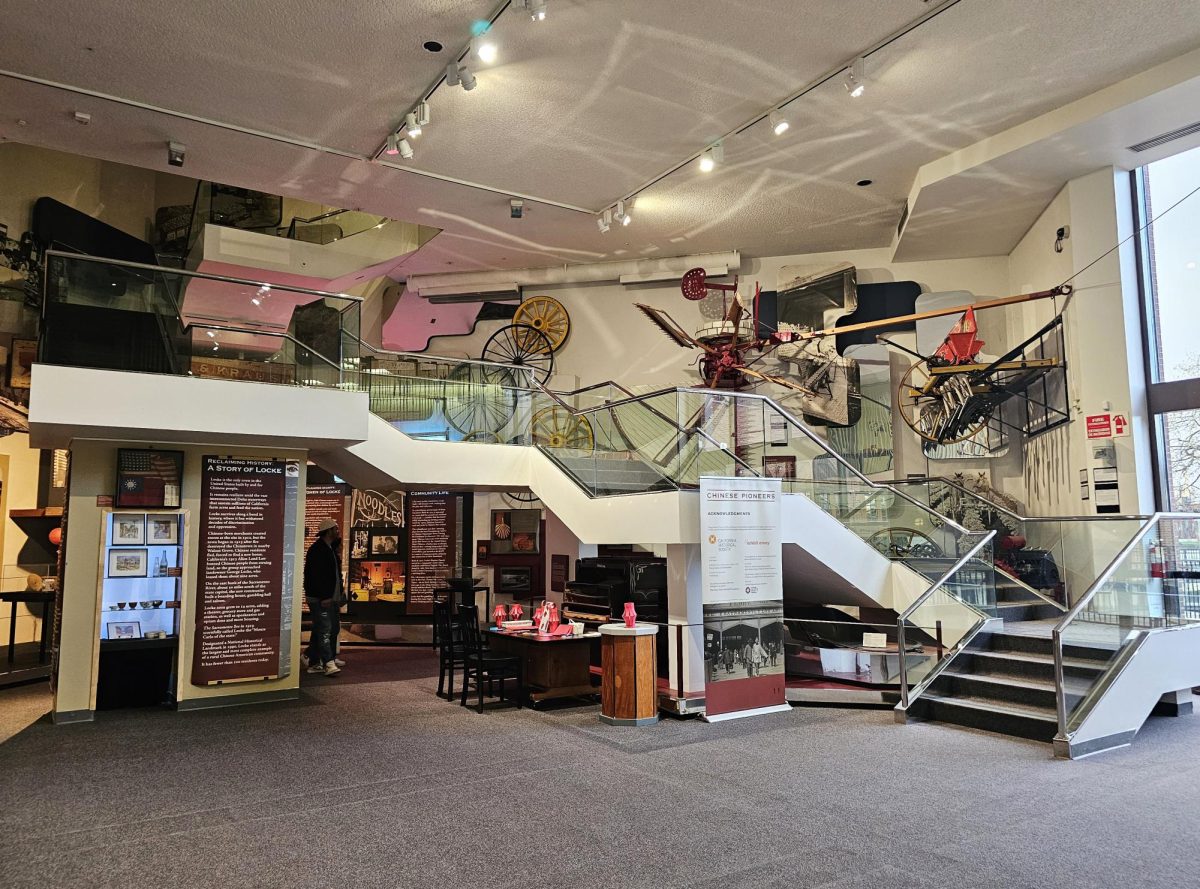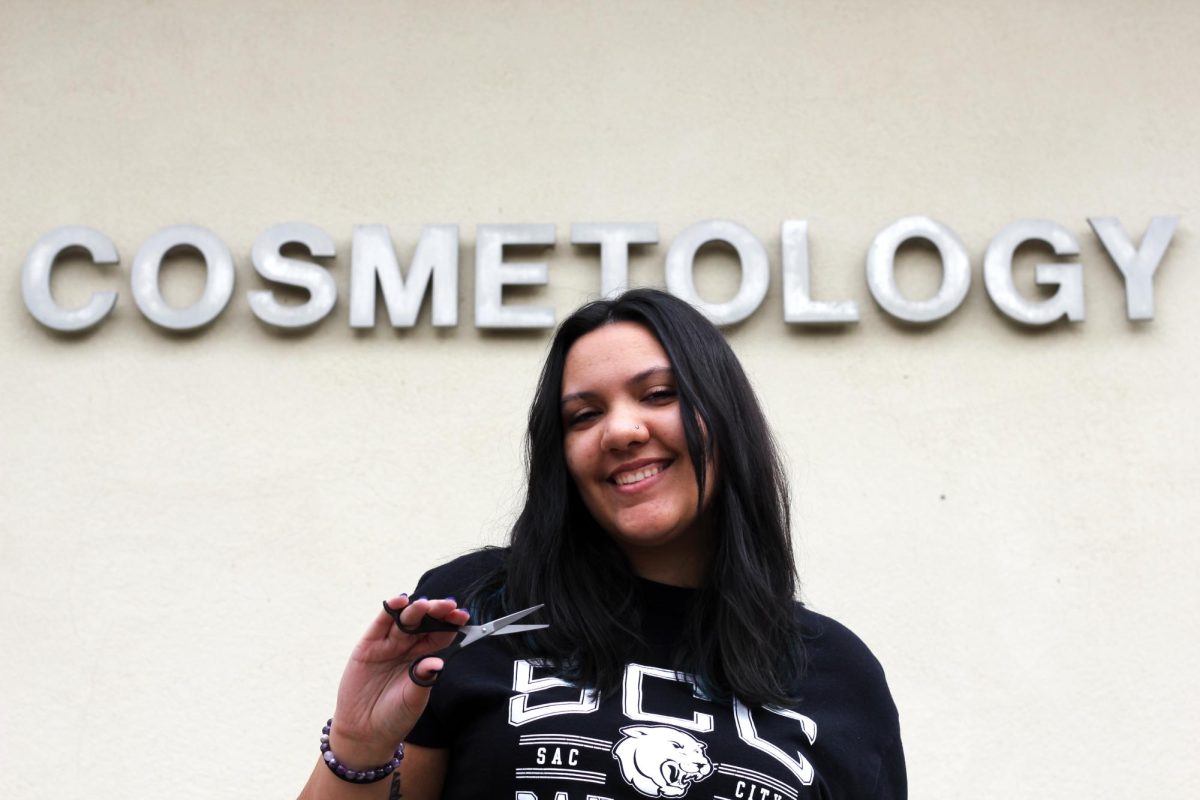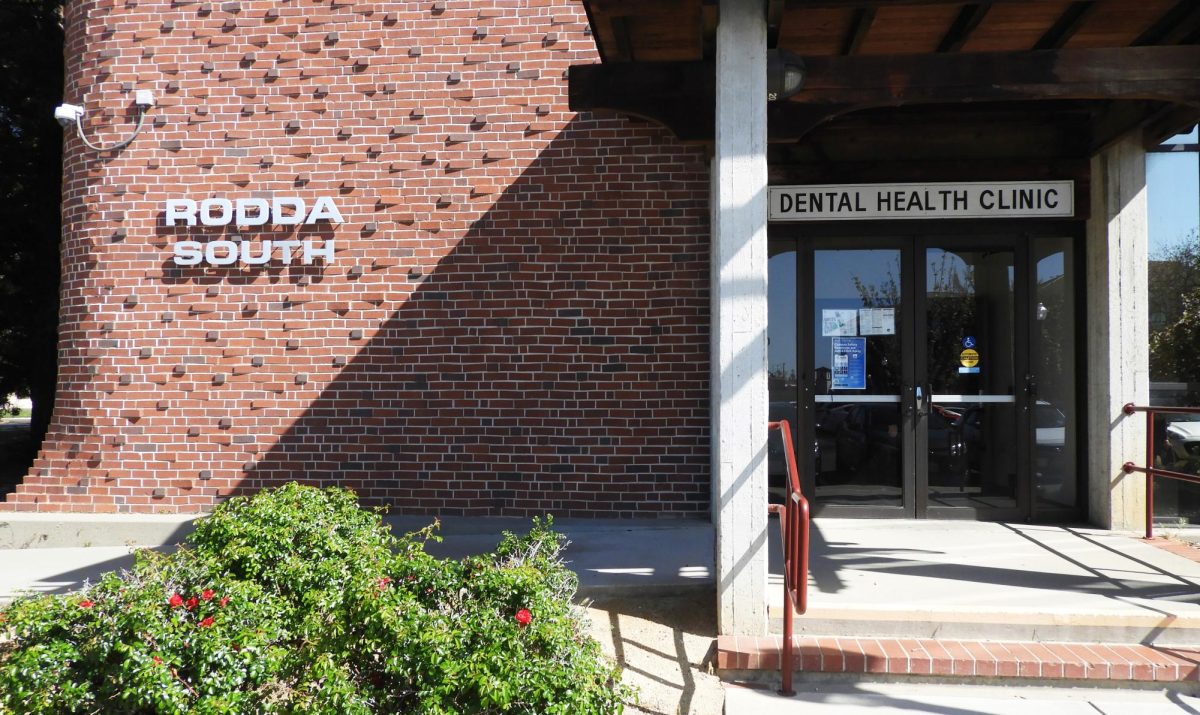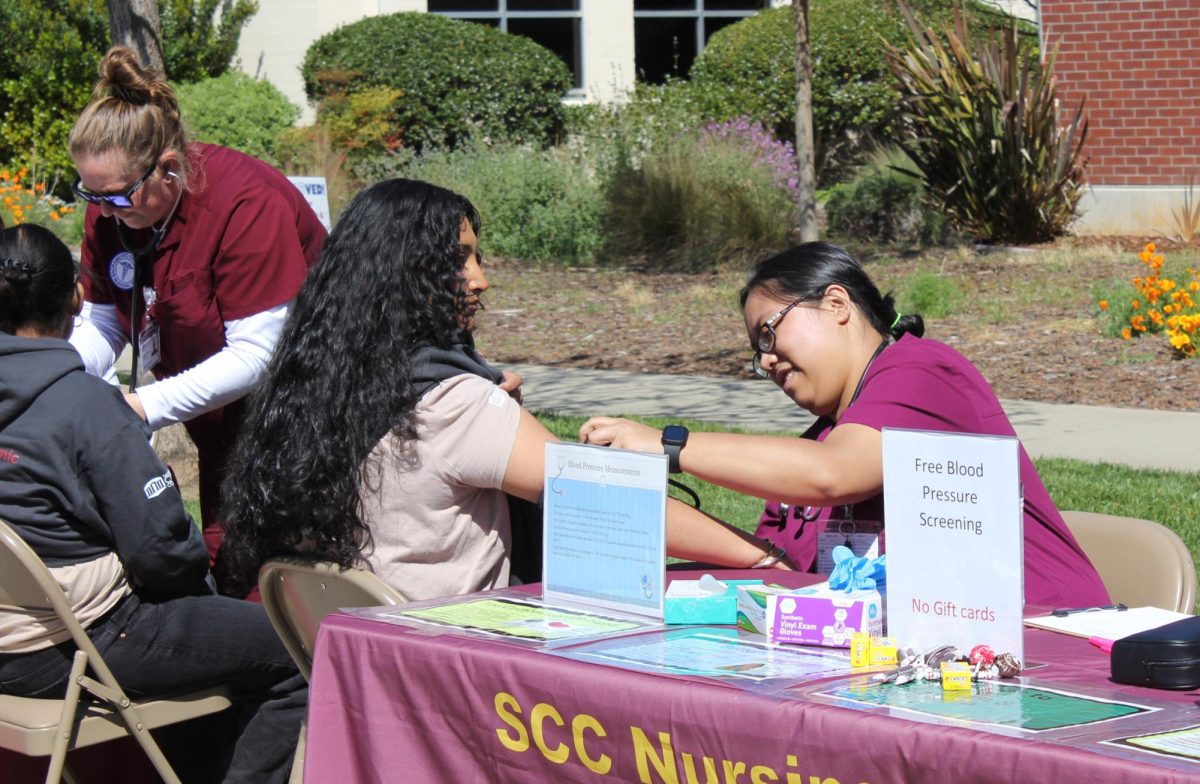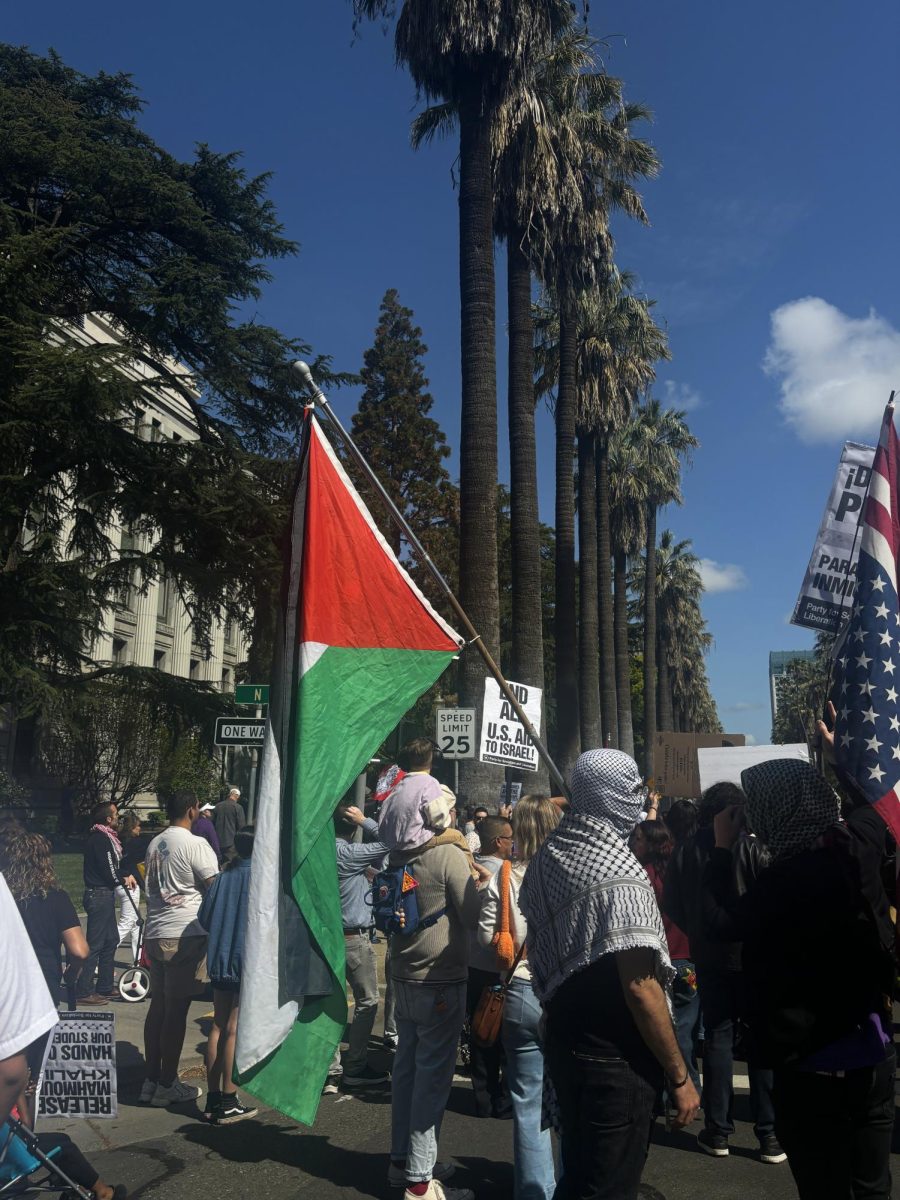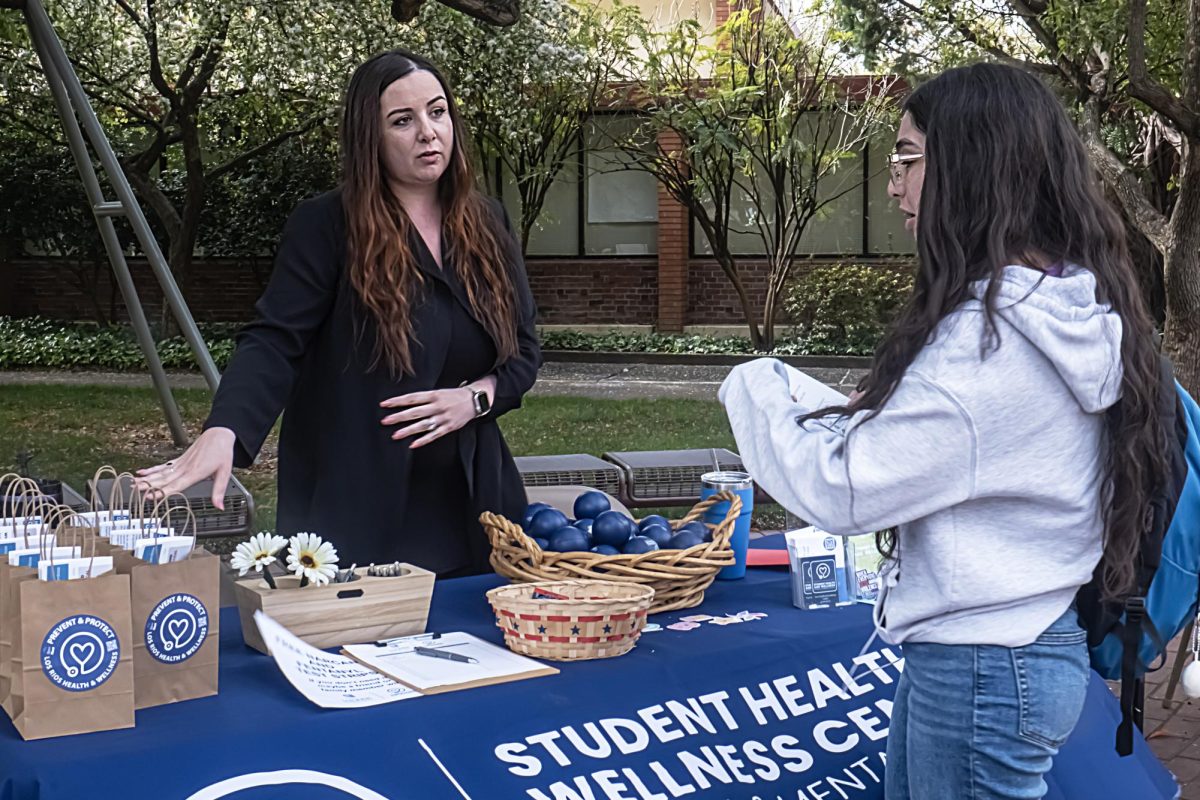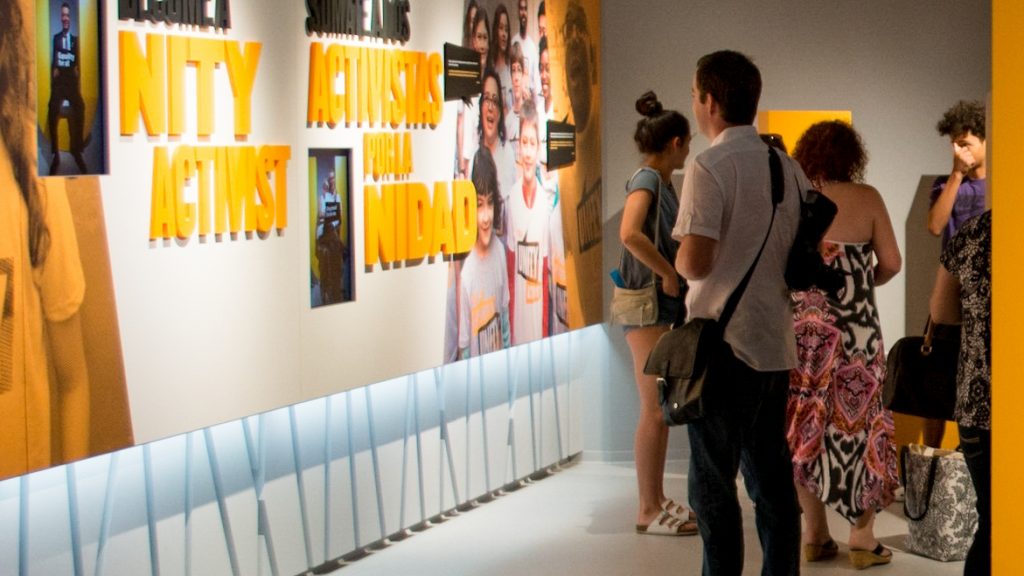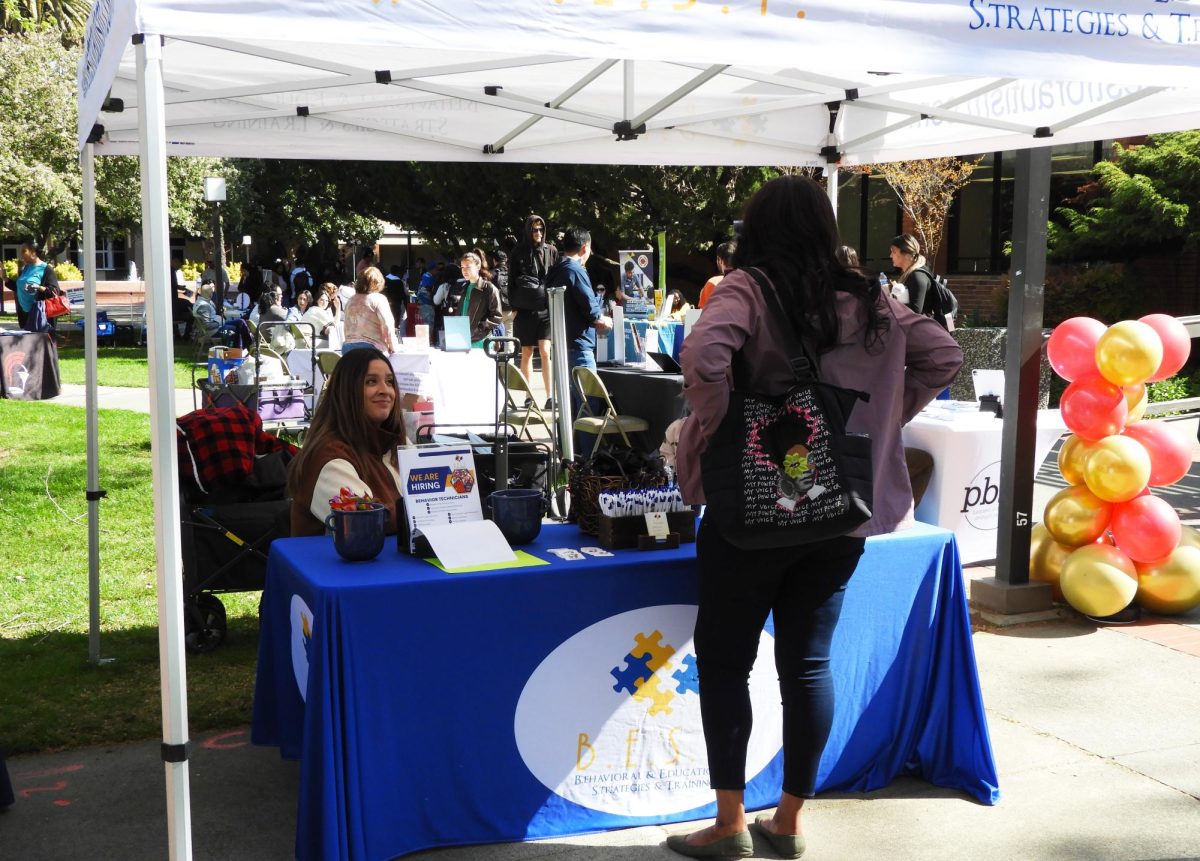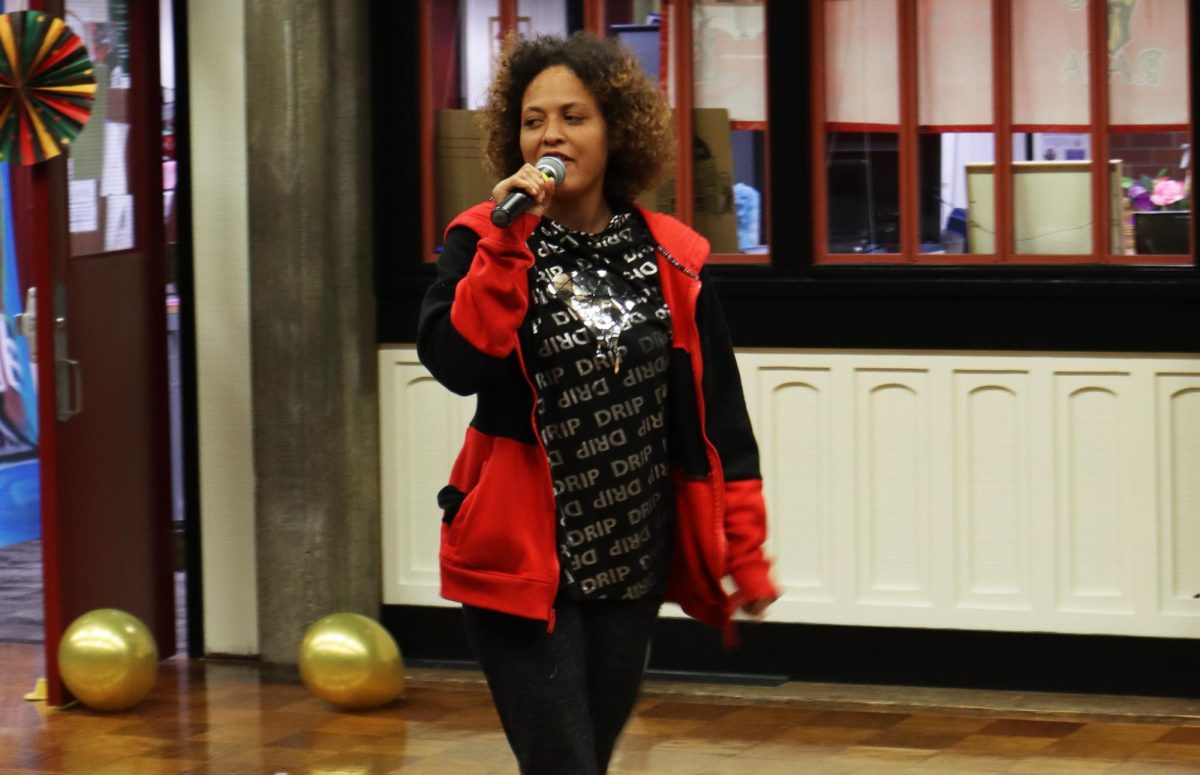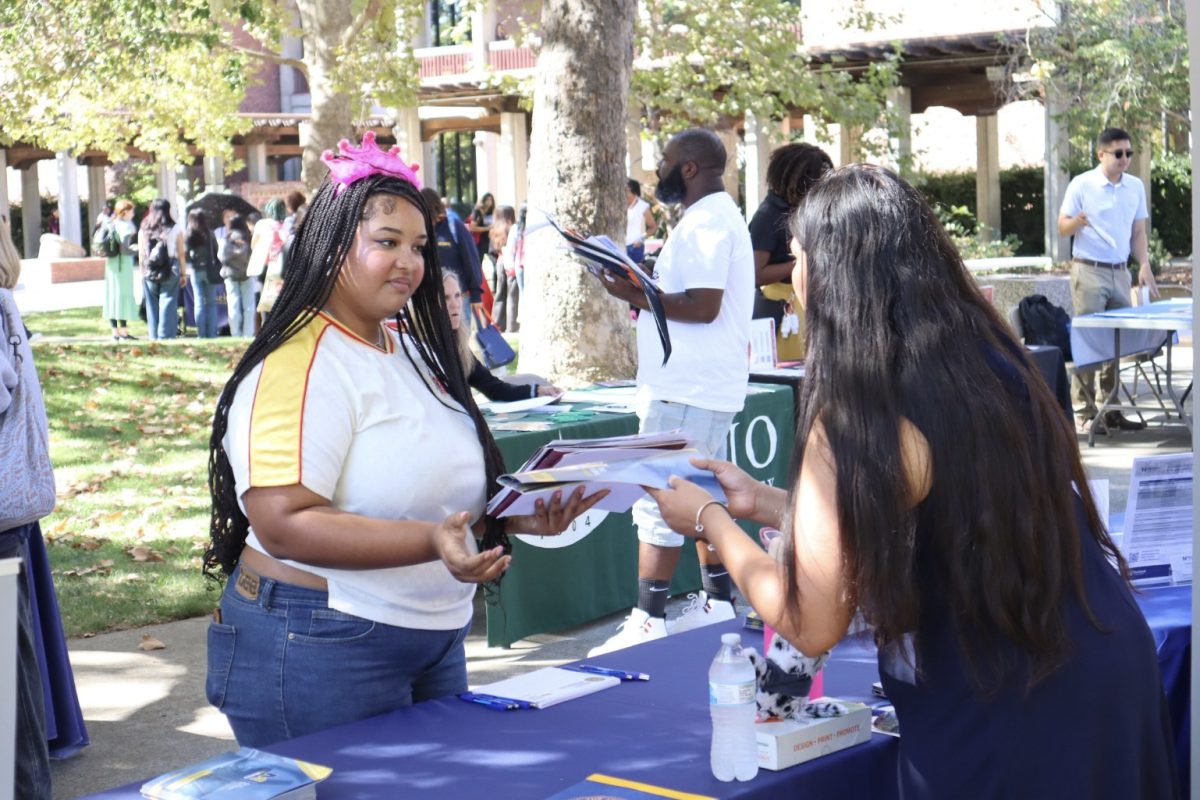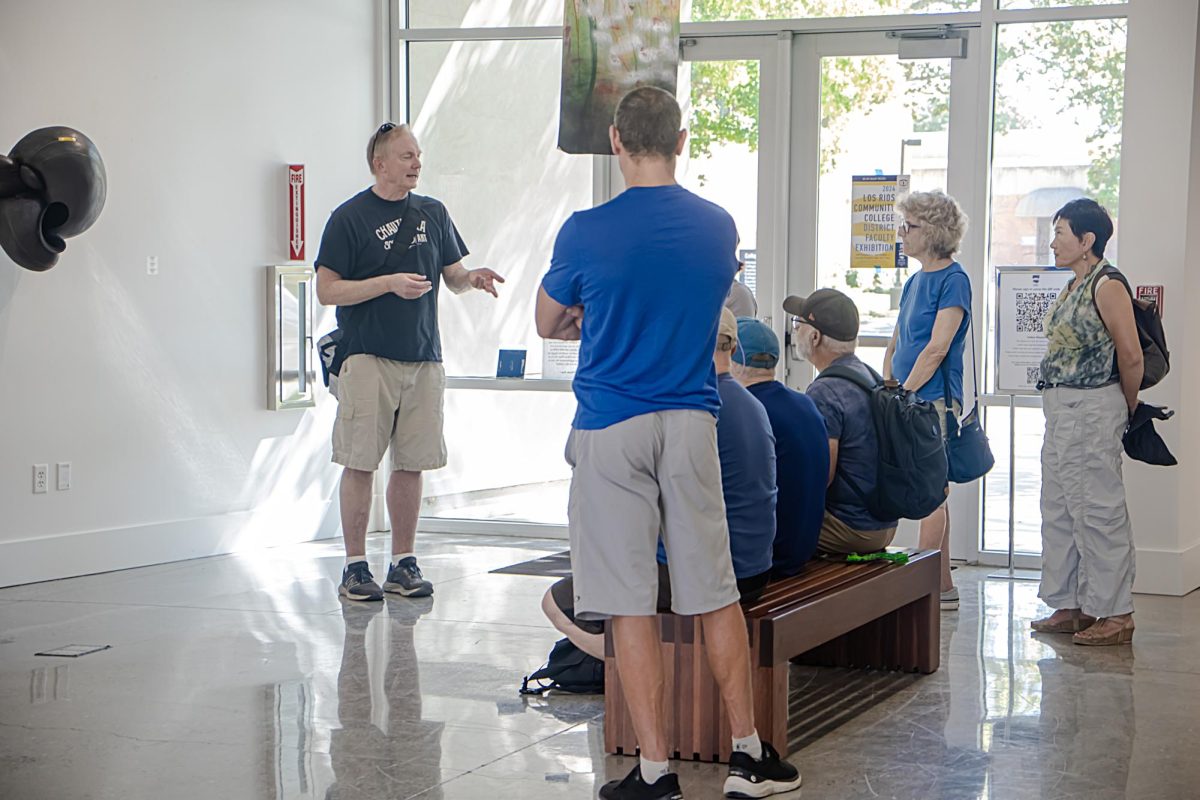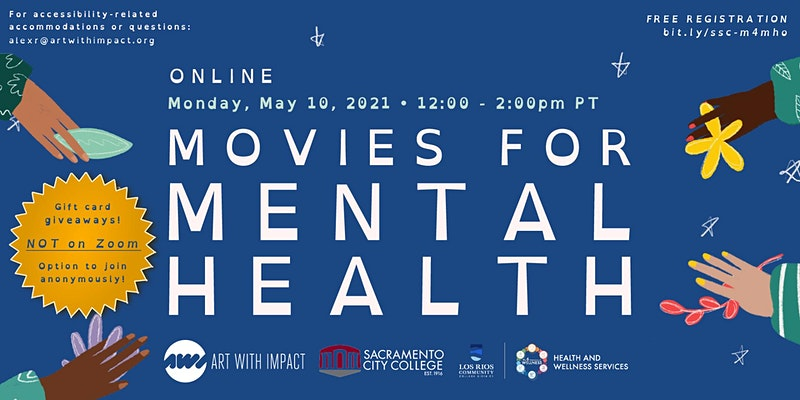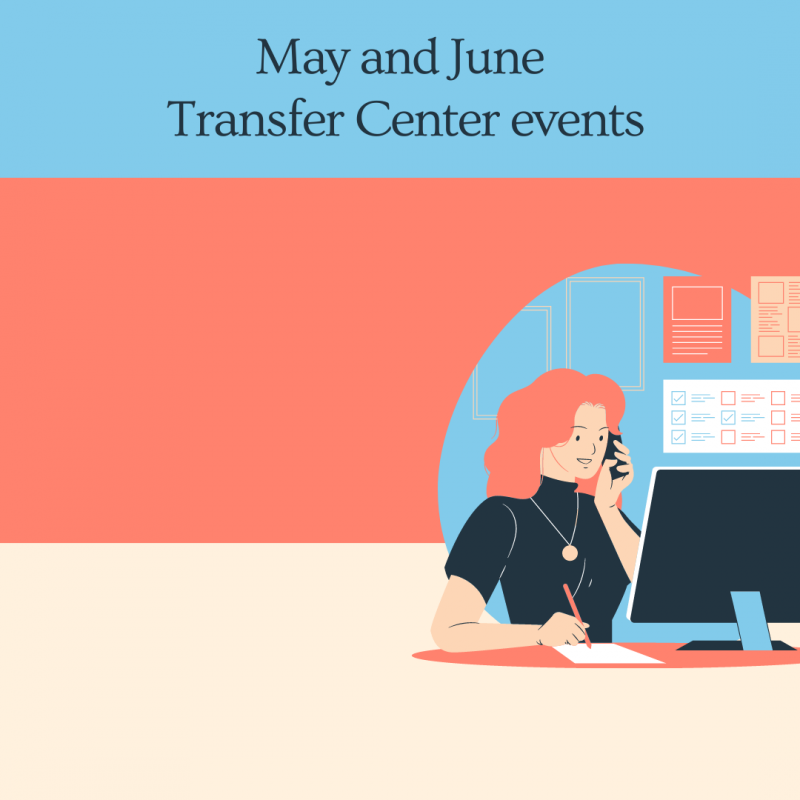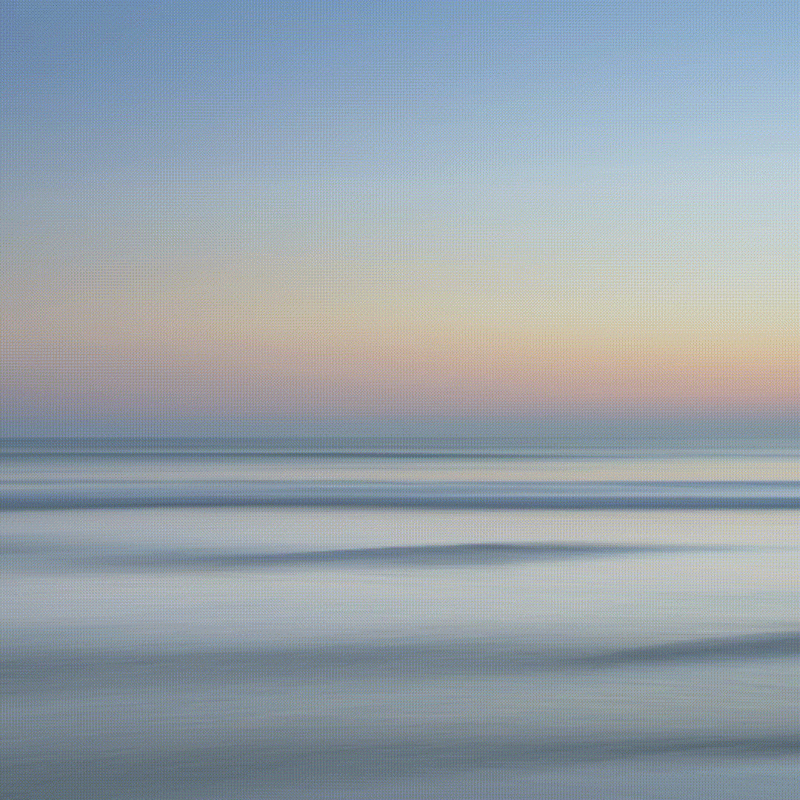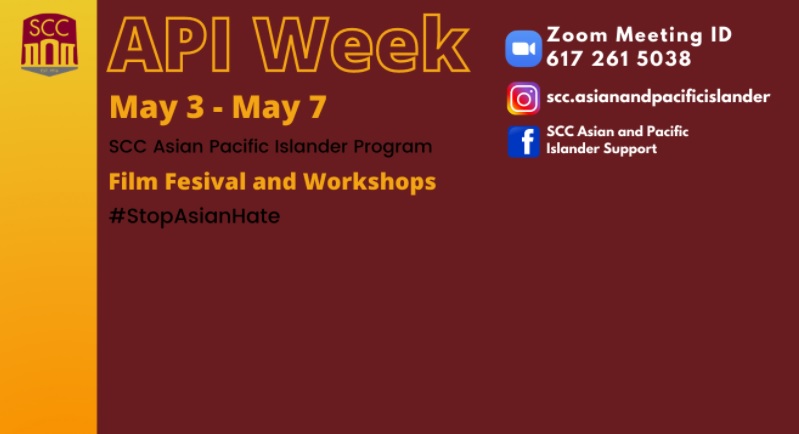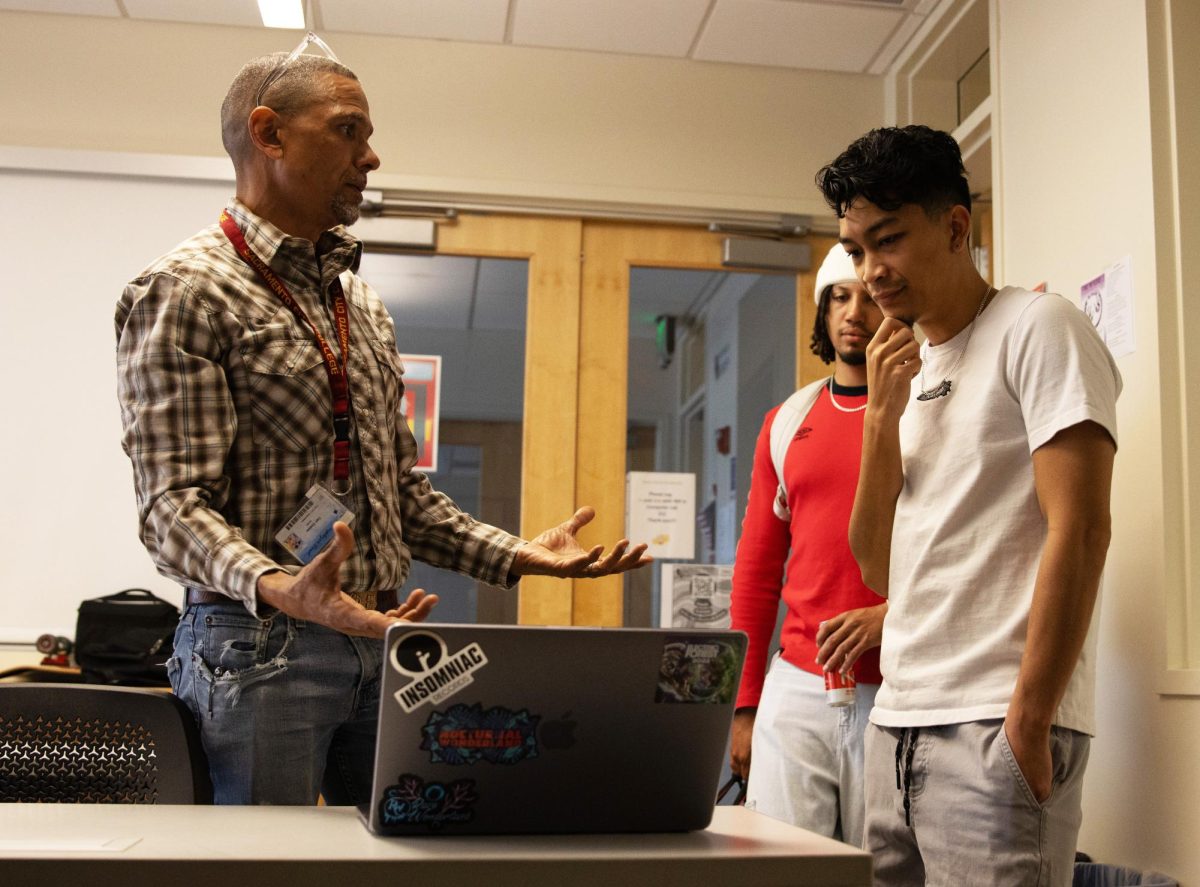Allahiya Shabazz
Staff Writer
ashabazz.express@gmail.com
The California Museum buzzed with a crowd of enthusiastic guests Saturday as they toured the new, interactive anti-hate exhibit called the Unity Center. Hundreds lined up at the doors of the auditorium to view a panel celebrating and discussing California’s social justice progress.
The idea for the Unity Center originally came about after the 1999 Summer of Hate, when two Jewish synagogues were bombed and multiple hate crimes were committed against the LGBTQ community.
The opening of the exhibit at the couldn’t have come at a better time, in light of the recent violence and display of white nationalism in Charlottesville, according to many who attended the event.
“If we don’t do our part to make the world better, then bad things happen,” said Sacramento Mayor Darrell Steinberg. “Not in our town. Not in our community.”
Sacramento’s own Lisa Ling, host of CNN’s “This is Life with Lisa Ling,” moderated the civil rights panel that featured activists Dolores Huerta of the United Farm Workers and Stuart Milk of the Harvey Milk Foundation, as well as Sacramento Police Chief Daniel Hahn and State Senator Holly Mitchell.
The panel shared their experiences and beliefs on unity, intersectionality and how to stand up against discrimination. Community members echoed the message of enacting change.
“California’s in a good position to represent and advance progressive ideals,” said Gerhard Fischer, a new Sacramento resident and retiree. Fischer thought the event was wonderful and believes that the state can play a role in repairing the country’s divisive climate.
The 4,000-square-foot space spotlights California’s rich diversity. It tells stories of discrimination and provides a video platform for visitors to share their own experiences. It showcases the social strides made possible by the efforts of activists.
The block party consisted of activities and entertainment like community mural art, screen printing and performance groups, including the Aloha Dancers. The Winnemem Wintu tribe, a Northern California tribe located near Mount Shasta, gave a blessing.
The Civil Rights panel discussion centered around how best to respond to intolerance.
“Intersectionality is the most important piece of something like the Unity Center,” said Stuart Milk, rights activist and nephew of Harvey Milk, during an interview with the Sacramento Observer. Milk said that speaking out about injustice is what changes hearts and minds.
“[I would make] sure that every time I see injustice that I name it and call it out, even if I’m the only man standing,” said Senator Mitchell. “I do try to make a commitment to, every time there’s an opportunity to step up and lead.”
Like Mitchell, Ling also wished she had faced adversity more directly throughout her career.
“I would stand up for myself more,” said Ling. “Know your worth.” There were occasions she sold herself short as an Asian woman by not standing up for herself, but with time she learned the importance of standing up for yourself.
Sacramento Police Chief Daniel Hahn thought the exhibit educated people on others’ experiences and showed people how to communicate so they don’t repeat mistakes.
“Younger folks are doing a good job by getting outside of their own circles and learning about other cultures,” said Hahn.
True to Hahn’s claim, the opening was full of young people.
The exhibit’s message of unity was important to create stronger bonds, according to Melanie Elzea, a student at Folsom Lake College. She believes places like the Unity Center help Sacramento’s diverse community connect and rally together. Elzea’s classmate, Bao Cha, also said the panel was great, saying she may bring her parents the next time she visits the center.
A recording of the civil rights panel discussion is available on the California Museum’s YouTube channel here.
The California Museum is open from 10 a.m. to 5 p.m. Tuesday through Saturday and Sundays from noon to 5 p.m. Admission is $9 for adults, $7.50 for seniors, $6.50 for youth up to age 17, and free for ages 5 and under.
















